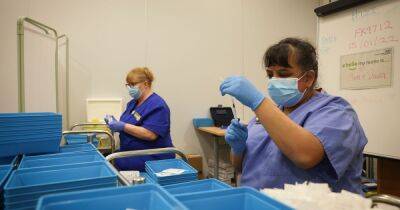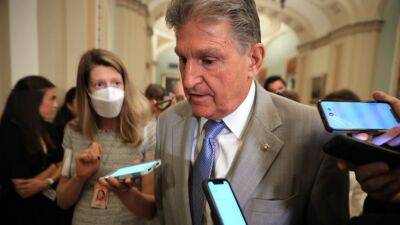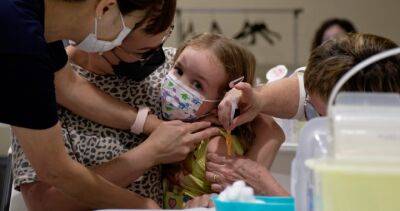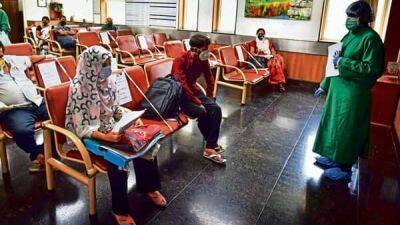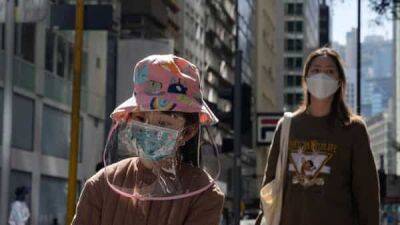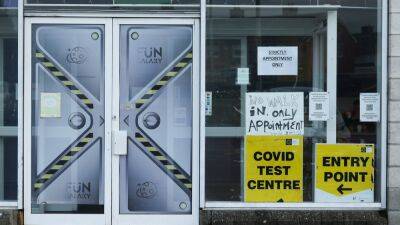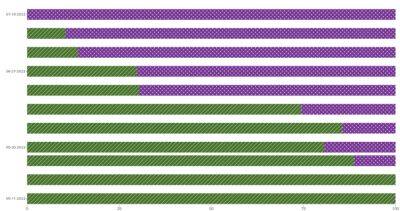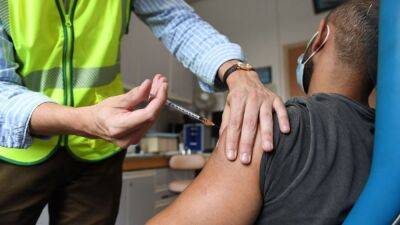Survey: COVID + childcare woes = burnout in health workers
Stress from inconsistent, unavailable, or unaffordable childcare amid the COVID-19 pandemic was associated with an 80% higher chance of burnout among US healthcare workers (HCWs), leading to anxiety, depression, and an intention to reduce work hours or leave the job, suggests a survey-based modeling study published yesterday in JAMA Network Open.A University of Colorado researcher led the survey of 58,408 HCWs in 208 organizations employing more than 100 physicians from April to December 2020, a period characterized by dramatically increased work demands and widespread school and childcare closures.Respondents included physicians (27%), nurses (20%), administrative staff (9%), and other roles (eg, pharmacist, physical therapist; 43%).
Women made up 67.1% of participants, and White respondents made up 57.9%. Median organizational response rate was 32%. The final sample for burnout assessment was reduced by 38% because many organizations don't collect data on intent to reduce hours or quit .Bigger issue for women, racial minoritiesA total of 21% of respondents reported childcare stress (CCS).
Racial minority participants and those of unidentified race reported CCS more often than White respondents (25.2% vs 18.8%).
Likewise, women indicated more CCS than men (21.1% vs 17.9%; odds ratio [OR], 1.22).Participants with CCS were at an 115% greater risk of anxiety or depression and 80% higher odds of burnout than those not reporting CCS.Stress was especially common among nonbinary participants reporting CCS (33%; odds ratio [OR], 2.24) and those not indicating their gender identity (28%; OR, 1.76).
Read more on cidrap.umn.edu
